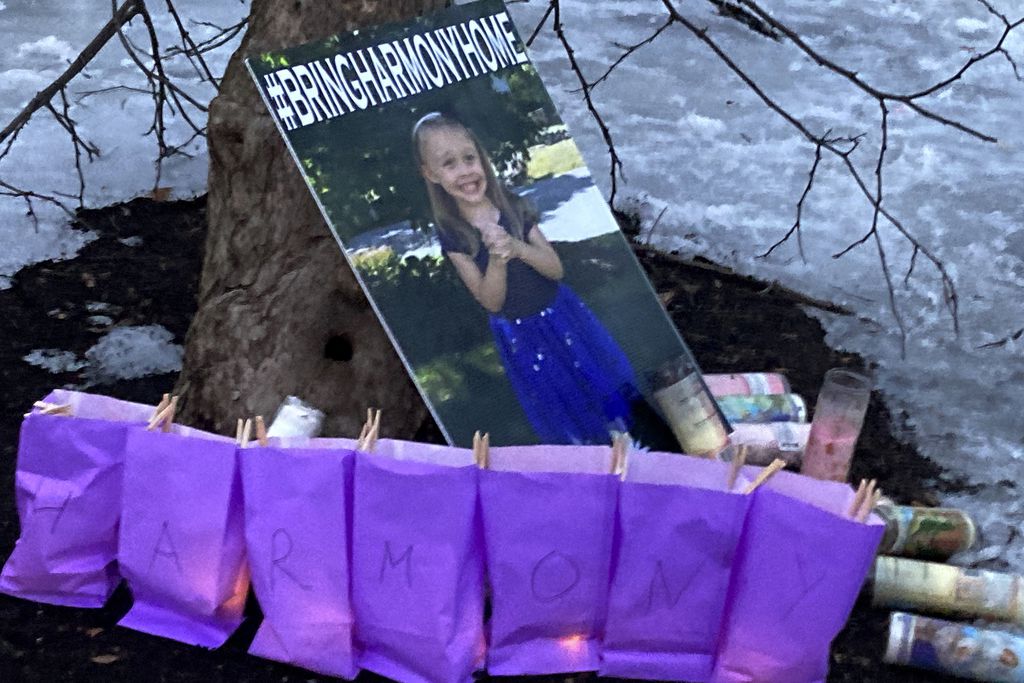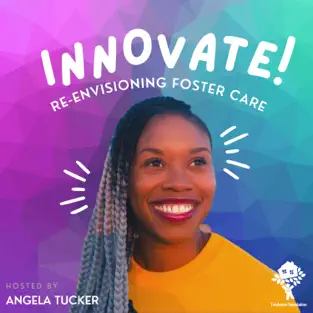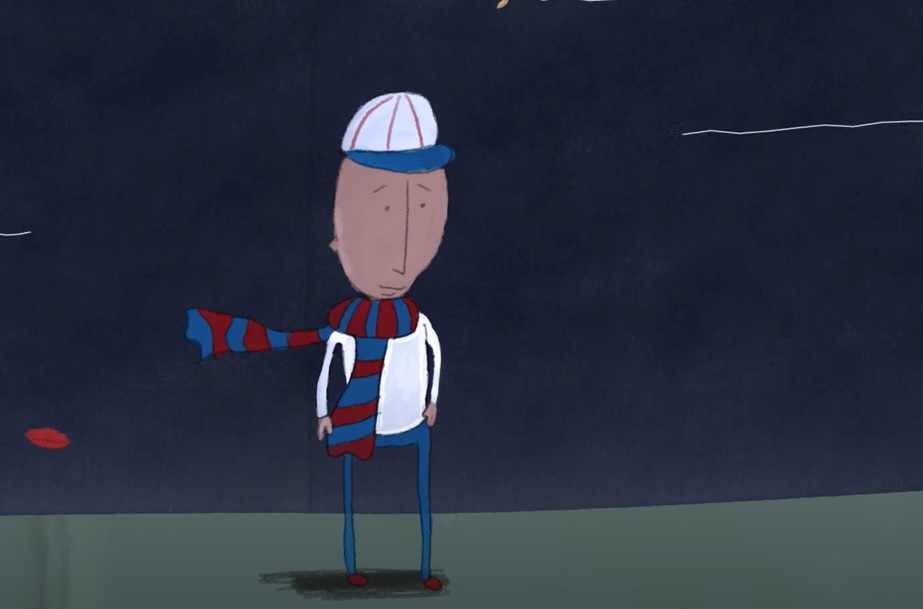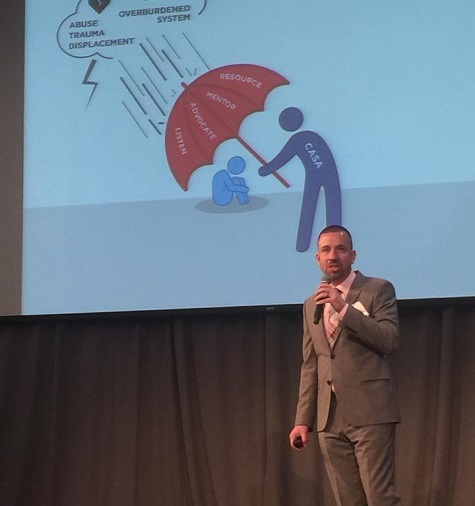A Defective System
I whole-heartedly agree with Judge Erskine and appreciate that she’s speaking out. “The system” is defective from entry to exit. It’s harmful, discriminatory, and lacks humanity and compassion. I realize that there are arguments in support of abolishing the system all together. I don’t entirely disagree even though I believe we’re far from not needing some version of a “child protection” system. I hear the arguments against “best interest” representation due to the subjectivity and biases that inform it. However, let me be clear–representation of “expressed wishes” only without some version of best interest advocacy and representation (in and outside the courtroom) jeopardizes the safety and well-being of children. Take it from someone who nobody was paying attention to and suffered the consequences because of it. I’m tired of the lack of humility and compromise in finding solutions that will strengthen families and improve child outcomes. Let’s keep the foot on the gas until we create the change we need!



